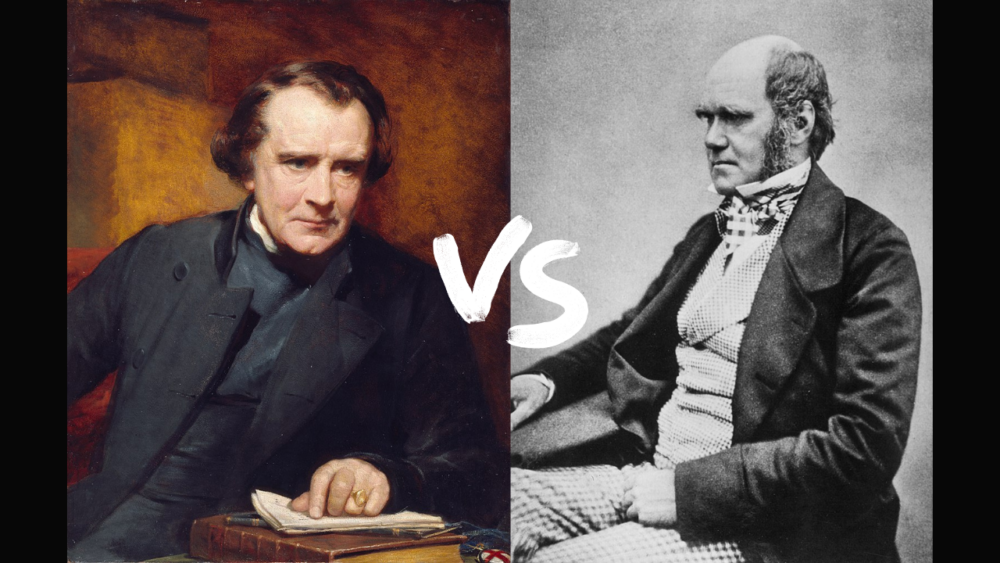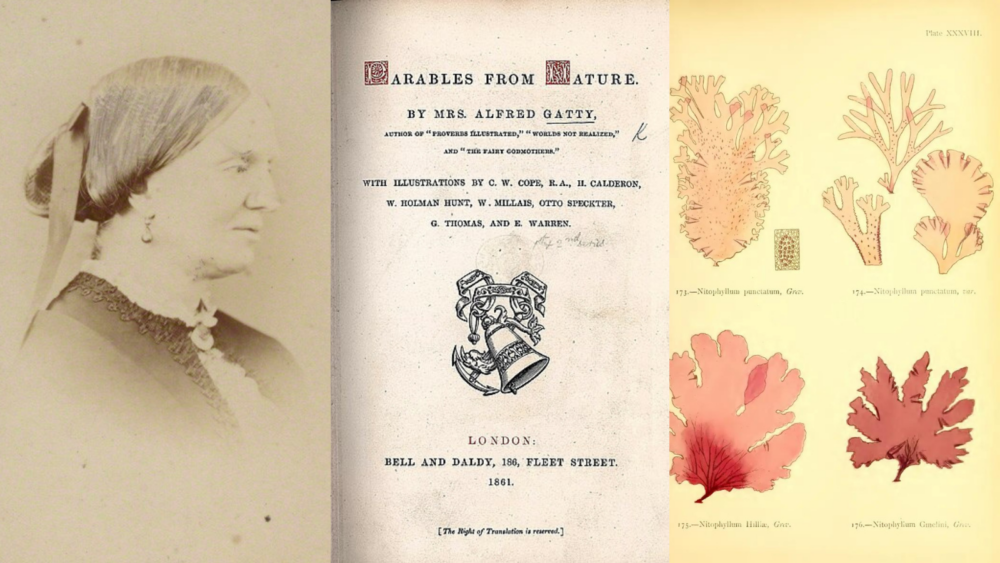


Why Evolution’s Selection/Mutation Mechanism Fails

Wrestling with Darwin: A Reading From Fr. Martin Hilbert’s New Book

Samuel Wilberforce Critiques the ‘Unbounded Assumptions’ of Darwin’s Theory of Evolution

No Place Like Home: A Reading From The Privileged Planet

The Imploding of an Atheist Professor’s Worldview

A Reading From Darwin’s Bluff

Parables from Nature: A Profile of Margaret Gatty

Ruminants, Moon Watchers Bedevil Darwin
On today’s ID the Future host Andrew McDiarmid brings listeners a couple of fascinating recent articles from Evolution News & Science Today by David Coppedge. The first is “Animals Tune Behavior by Lunar Cycle; but How?” The second article is “Darwin, We Have a Problem: Horse Teeth Are Not Less Evolved.” In the first, some ingenious molecular engineering crops up in widely divergent creatures, giving them some impressive abilities to read lunar cycles. The evolutionists’ go-to explanation is “convergent evolution,” an incantation that fails to explain how something like this could have evolved even once, much less multiple separate times. And in the second, a much-beloved story of ruminant tooth evolution gets a kick in the teeth from a series Read More ›

The Multiverse—From Epicurus to Comic Books and Beyond
On this ID the Future, Discovery Institute senior fellow Andrew McDiarmid explores the roots of the idea that our universe is just one of many universes, an idea stretching back to the ancient atomists and given new life in the modern era, first by physicist Hugh Everett. McDiarmid then looks at how the idea percolated into comic books and from there into popular culture. He caps off the episode with a reading of a recent article about the multiverse hypothesis by Stephen Meyer, author of the recent bestseller, Return of the God Hypothesis: Three Scientific Discoveries That Reveal the Mind Behind the Universe. Meyer shows why some atheist scientists are attracted to the multiverse idea. As he explains, there is Read More ›